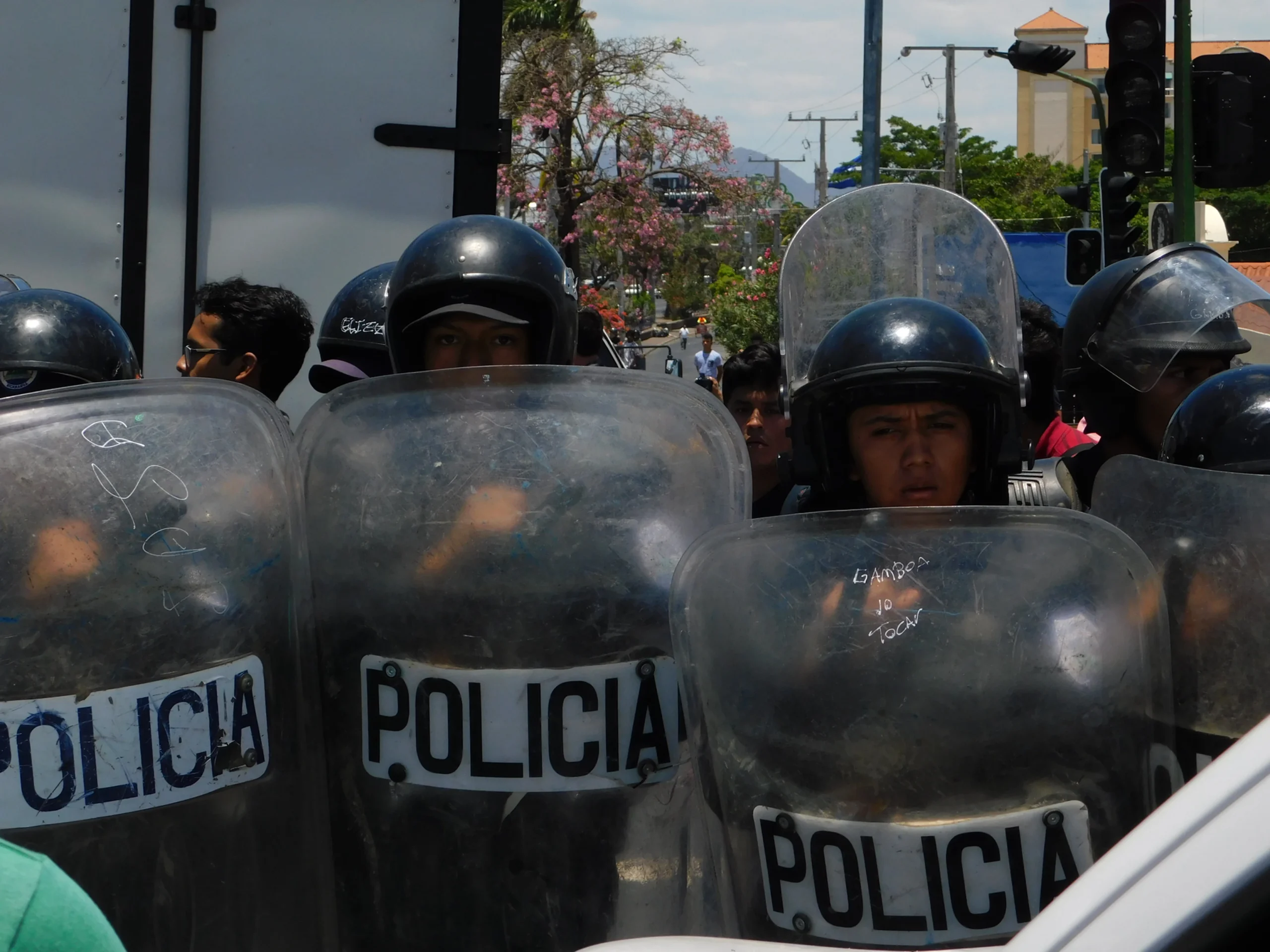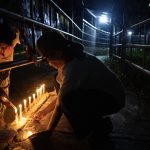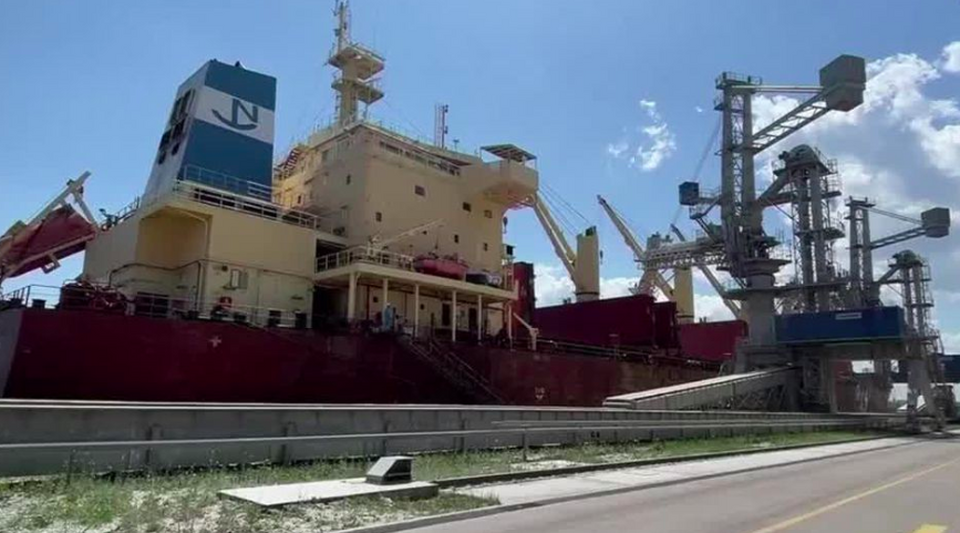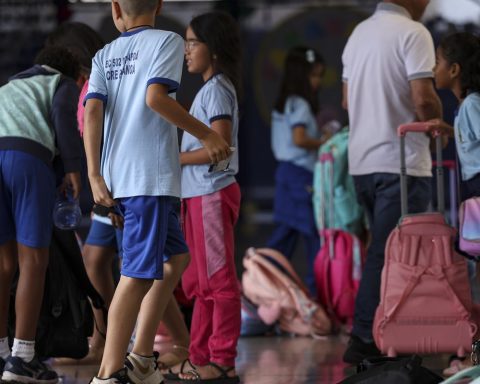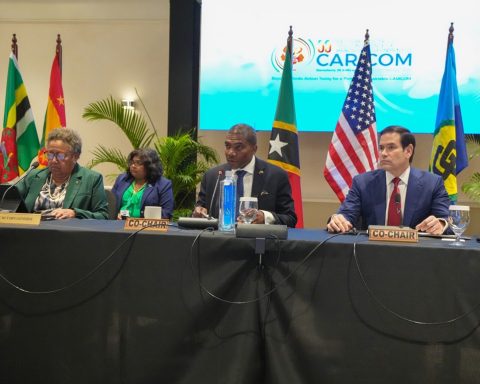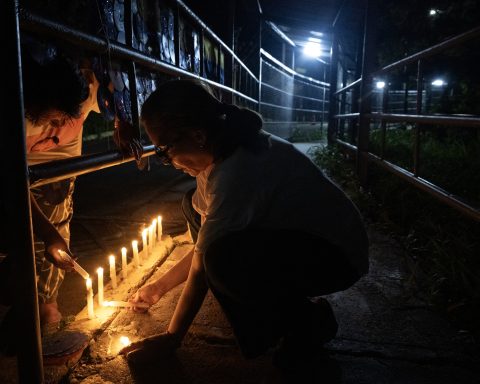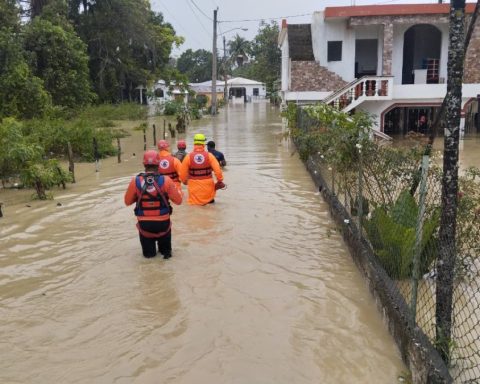Recent reforms approved by the Sandinista regime have generated tensions and fears among police officers, who face daunting consequences if they decide to abandon the repressive institution.
While, on the other hand, these measures expose the loss of many officers who have left the sanctioned institution, exhausted and frustrated and who are seeking refuge in other countries, mainly the United States, realizing that they are being used outside the law and against the citizens they should defend.
The situation expands the questions about respect for human rights and freedom in Nicaragua, and highlights the difficult reality faced by police officers in the midst of an oppressive environment for all.
Related news: Ortega eliminates by law the “professionalism” of the Police and approves prison for deserting agents
For the festivities of the 44th anniversary of the Nicaraguan Revolution, this July 2023, the police forces continue to show themselves as the repressive arm of the Executive and its interests. Patrols, motorcycles, general officers, investigators and even traffic agents carry the flags of the Sandinista National Liberation Front (FSLN) in various municipalities of the country.
Suffering in the shadows
But in the shadow of the recent reforms approved by the regime of Daniel Ortega and his wife Rosario Murillo, a disturbing and heartbreaking reality is hidden: Police officers feel trapped. These reforms, which have generated internal tensions and fears, represent a serious setback for democracy and freedom in the Central American country. Now, no one can defect, for any reason. “To be inside is to be inside a blind alley,” says an analyst on security issues.
The new subordination of the police to the dictator, eliminating its apolitical and non-deliberative character, generates a deeper concern outside and inside the institution. “As the Police, we have always tried to comply with orders to guarantee security and order in our society, but this reform is a real threat and even to our freedom, to decide whether or not to be in the armed forces,” says a police officer , who prefers to remain anonymous for fear of reprisals.
“This time the commander seems to have gone too far,” he claims in a restless voice in a telephone conversation.
The tension has become palpable among the police officers. The regime, aware of the growing disaffection and the exodus of officers -as a result of the humanitarian crisis and violence that generated the state repression against peaceful protests since April 2018-, has imposed prison sentences for those who decide to abandon their posts. This measure, far from solving the underlying problems, curtails the individual freedom of the members of the institution, and reflects more repression and authoritarianism.
To reach this point of control by the Executive Power, in the hands of the FSLN since 2007 to the present -without any interruption-, the National Assembly, controlled by the ruling party, approved on Wednesday, July 5, with 91 votes in favor and no abstention or non-attendance, a reform to Article 97 of the Political Constitution of Nicaragua -which establishes the legal framework of the National Police- and another change to the Law of Organization, Functions, Career and Special Regime of Social Security of the National Police.
Related news: Police and paramilitaries “used weapons of war to attack” the population during the cleanup operation
Another officer, with years of experience in the institution, points out that “the possibility of being imprisoned for abandoning posts is very worrying.” In many cases, officers who decide to leave do so to protect themselves and their families from violence or imprisonment. “This sanction will only contribute to increasing fear and mistrust among us, in addition to limiting our individual freedom and our opportunities to seek a better life, here or wherever,” quotes the official, who works in the central building of Plaza El Sol. , in Managua.
Something’s up at the PO
It is clear that the reforms imposed by the regime underscore what some Nicaraguan opposition and civil society organizations have stated since 2018, and more frequently since November 2021, after the illegitimate presidential elections in which Ortega was re-elected for fourth time in a row: that many officers do not agree with everything that has been done since April and are deserting.
In recent years, there has been an increase in the number of police officers who have decided to abandon their posts and flee the repressive regime. At least ten have recounted their anonymous experiences or showing their identity, but always outside of Nicaragua.
However, according to official data, the number of police officers almost doubled from Ortega’s coming to power in 2007 to June 2022. An increase that has not been enough to stop the desertion of those seeking to escape from violence and lack of opportunities. “Many of us just don’t want to work here anymore. The accusations of the opposition and imperialist organizations have nothing to do with it,” explains another official.
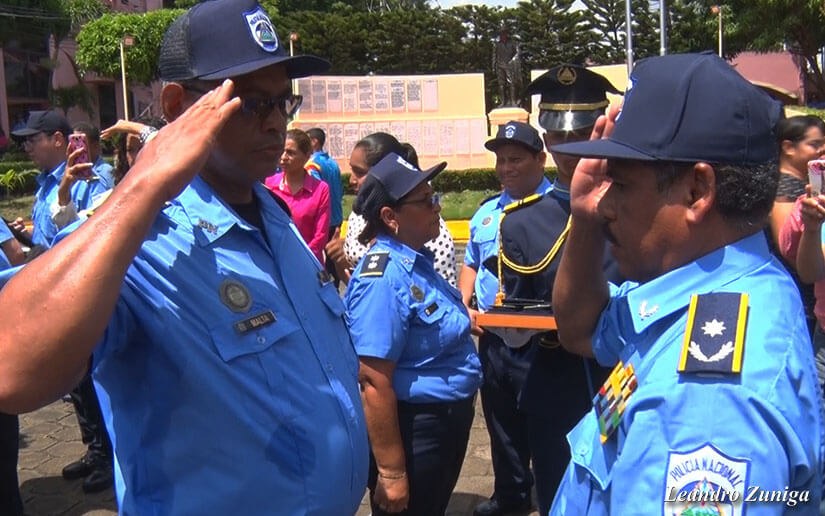
The adoption of repressive measures, such as prison sentences for officers who leave the police ranks, only deepens the crisis and deepens mistrust and discontent within the institution. These reforms not only threaten the individual freedom of members of the Police, but also reflect a worrying deterioration in terms of human rights and democracy in the Central American country.
“More control over everything. literally everything. Nothing escapes them anymore, and if it escapes them, they will control it and that’s it, with some reform,” explains a Honduran sociologist, a specialist in security issues, who also requested anonymity for this text.
Call to the international community
In this regard, the international community must be attentive and speak out in defense of human rights and democracy in Nicaragua. It is essential to urge the Ortega regime to respect the fundamental principles of a rule of law, guarantee freedom of expression, the independence of institutions and the full exercise of citizens’ rights.
“None of the Central American countries have spoken in relation to the setback of many years that this reform means to the Nicaraguan police force, which already, but yes, had been denatured since April 2018,” he explains.
On the other hand, Elvira Cuadra, an expert in security issues, denationalized by the Sandinista administration, has pointed out that these reforms represent a drastic and dangerous change in the nature of the Police. The institution, which should be apolitical and not deliberative, will be subordinated to the president in the Executive branch, leaving aside its preventive and community role to focus solely on its coercive and armed nature, enforcing the interests of the administration on duty.
The situation is further aggravated when considering the increasing repression and the reports of violations and crimes committed by the Police in Nicaragua. The adoption of measures that limit the freedom of the members of the institution reinforce the repression and put human rights and citizen security at risk.
“There is no longer an ‘excuse’ or constitutional wall that limits the control exercised by the Presidency over the body in charge of, more than protecting, maintaining order and enforcing the laws,” adds the sociologist. “The very law that regulates police provisions in society was and will continue to be tampered with by the Nicaraguan ruling party, without any Central American country understanding the social and regional security repercussions that this complete control of the Nicaraguan police implies. Also in regards to drug trafficking. It will have obviously negative effects, ”says the specialist.
Given this scenario, it is crucial that the international community and human rights organizations remain vigilant and raise their voices. It is necessary to demand that the Ortega regime respect the fundamental principles of a rule of law and return the non-partisan nature that the police should lead.
Ultimately, the hope is that international pressure and solidarity can pave the way towards a future of freedom, justice and respect for human rights in Nicaragua. It is imperative that the regime listen to the voices calling for change, and that police officers find a way out of this crossroads in which they find themselves trapped. Because in the end, the solution is in your hands and rifles.
Since 2018, lieutenants, officers, non-commissioned officers, sub-commissioners and even traffic agents have deserted for various reasons, although the exact number of cases is unknown.
